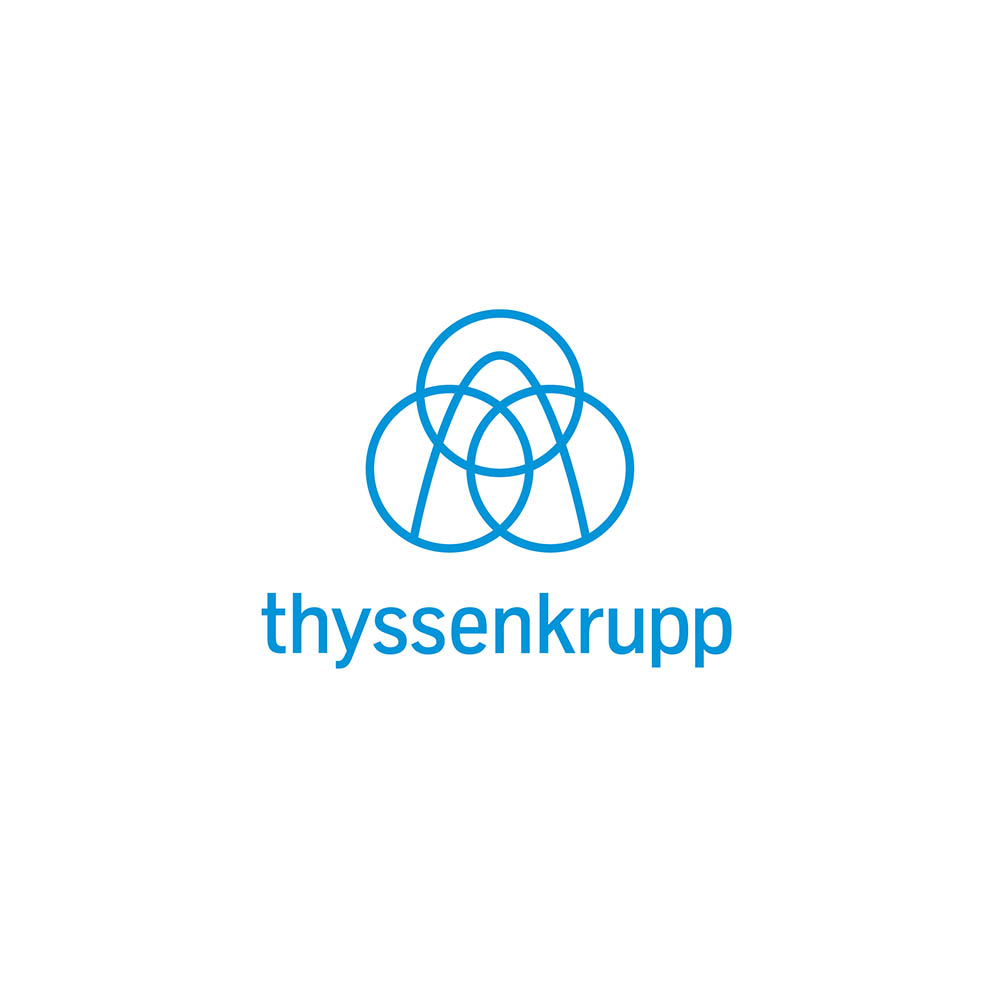SAP RoadmapSAP S/4HANA CloudSAP Implementation - GreenfieldSAP Industry SolutionsRISE with SAPGROW with SAPSAP for new customersSAP Central FinanceSAP Analytics CloudSAP software for your supply chainSAP SuccessFactors HCMSAP EWMSAP Fiori app developmentSAP developmentSAP SecuritySAP Data TransformationSAP data migrationSAP AMSChange ManagementEducation Management

Optimization of incoming invoice verification
Optimization of in-house development for incoming invoice verification - or rather SAP standard? That was the initial question in a project that GAMBIT realized for METRO Digital - with SAP S/4HANA conversion.
A company like METRO receives thousands of invoices from suppliers every day – invoices that must first be checked before the company can assign them to an account and post them. Are the name and address of the supplier correct? Is the stated delivery quantity correct, as well as the listed tax rate and invoice number? Companies usually check these and other details using software that can verify invoices automatically.
For its incoming invoice verification, METRO uses an application that it has developed itself and that runs on a separate instance: MMS-IC (Metro Merchandise System – Invoice Control). The company carries out invoice verification at national and international level using this application. METRO does not use SAP software for store merchandise management. Therefore, standard SAP invoice verification cannot be processed with reference to the purchase order.
MMS-IC is an application in the SAP R/3 environment. Purchase orders, goods receipts, and invoices from a wide variety of merchandise management systems are prepared, checked, assigned, and approved for invoice verification via several interfaces.
In the case of MMS-IC, however, very few elements from the standard SAP systems are used, for example, user maintenance, authorization checks, SAP Workbench, and the vendor master record. Only the final posting of invoices is prepared and distributed for posting in SAP. In MMS-IC, all relevant data is transferred via the interfaces to the corresponding FI/CO systems of the national subsidiaries, both SAP and non-SAP systems, for further posting.
Hardly any manual reworking required
Hardly any manual reworking required
Although METRO’s in-house development has evolved organically and is complex, it offers several advantages for the company: Thanks to the METRO-specific logic in MMS-IC, for example, it is hardly ever necessary to post-process invoices manually. In Germany, for instance, well over 90 percent of all invoices are already automatically reconciled. In addition, invoice verification using MMS-IC results in a high monetary benefit for the company.
But the system also has its disadvantages: Due to the complexity of the application, it is difficult for METRO to integrate new countries into MMS-IC and the error rate is high. Many adaptations also require considerable expert knowledge, in contrast to a standard system, for example. The complexity of the system, which is mainly the result of code that is old or no longer needed or unnecessary content, also slows down many processes makes them more difficult.
METRONOM GmbH takes care of IT services and solutions at METRO. METRONOM is the tech unit of METRO and supports all METRO countries worldwide.
Around 2,000 employees in Germany and at international locations offer a wide range of services. This includes business process consulting, development, implementation and support of enterprise solutions, operation of data centers and networks as well as support for IT equipment.
At the beginning of the project with GAMBIT Consulting, the question was therefore whether it made sense to stick with the proprietary development at all, or whether switching to the SAP standard might in fact be a better solution. METRONOM’s overall objective was to accelerate the rollout capability of core processes when integrating new countries. In addition, it wanted to further improve invoice verification processes and reduce dependence on expert knowledge.
In a number of workshops METRONOM therefore first presented the current processes in MMS-IC to the GAMBIT experts, including all relevant interfaces. The teams analyzed the actual situation together. Subsequently, GAMBIT’s role was to evaluate the METRO-specific processes in MMS-IC, point out alternatives, and come up with a recommendation.
During the analysis, GAMBIT also considered the implementation variant for the processing of invoice verification in the standard SAP system, SAP VIM (SAP Vendor Invoice Management), along with all process-related, time-related, and cost-related consequences. The strategic goal of the project was to create a stable, transparent, and secure system at the end of the project that also meets the requirements of an SAP S/4HANA conversion.
The GAMBIT analysis established that the standard SAP system would not bring about any improvement in the case of METRO and would even make some processes more difficult. Moreover, SAP MM (purchasing and inventory management) would have to be introduced for 17 national companies at huge cost.
Advantages are maintained
Advantages are maintained
The only reasonable alternative was therefore to keep the in-house development and proceed with the much more cost-effective redesign and optimization of the application – a solution that was then also implemented by GAMBIT following METRONOM’s decision.
The implementation included the system conversion from SAP R/3 to SAP S/4HANA, the introduction of a one-client concept with an adaptation of the data model (all countries in one client instead of one client per country), and the redesign of the MMS-IC code. In this way, the advantages of the in-house development would not be lost.
In the actual implementation, the analysis was followed – in multiple waves – by the concept phase, the SAP S/4HANA conversion, the implementation of the one-client concept and, finally, the redesign of the Supplier Invoice Suite (SIS). This included removing code that was old or no longer needed and replacing the “hard” coding of the program logic with variable customizing tables.
The goals of the project were achieved “in time” and “in budget”: In close cooperation with the METRONOM team, the re-design and SAP S/4HANA conversion created the foundation for improved integration of new countries into MMS-IC. In addition, the automatic allocation of invoices and the monetary benefit of invoice verification could be kept with the chosen solution.
The application now meets the requirements of a modern IT system: For example, the system is now much more transparent, less complex, and runs more consistently than before. The work has also made the application future-proof in the long term and easier to maintain.
The application went live as a pilot project in Russia in October 2019 and other countries are now following at three-month intervals. “The fact that the project went so well overall is due in particular to our client – the skilled team from METRONOM. A project like this can only be mastered together, in close and trusting collaboration with the customer,” said Toni Muñoz, Project Manager and Senior Executive Consultant at GAMBIT after the go-live.





